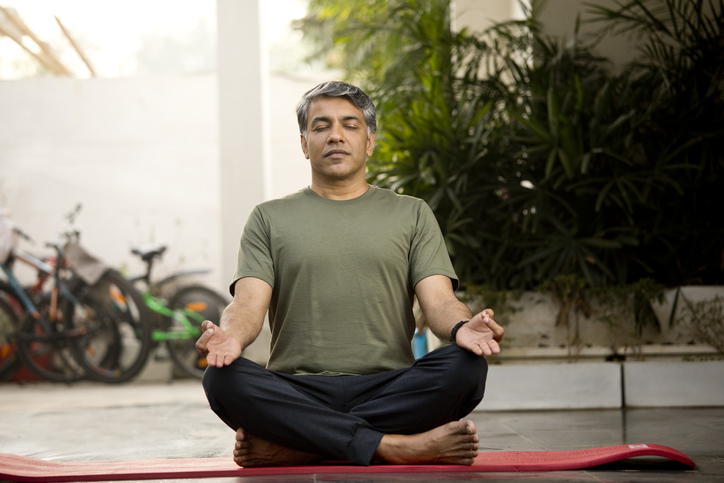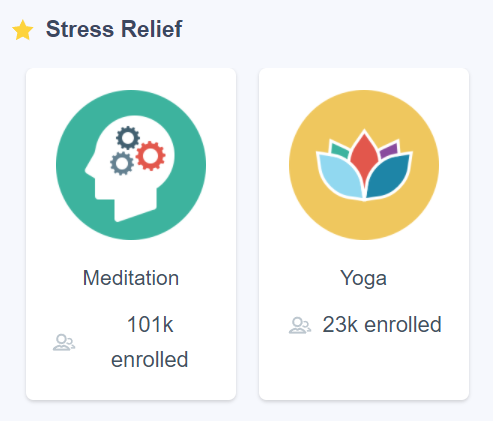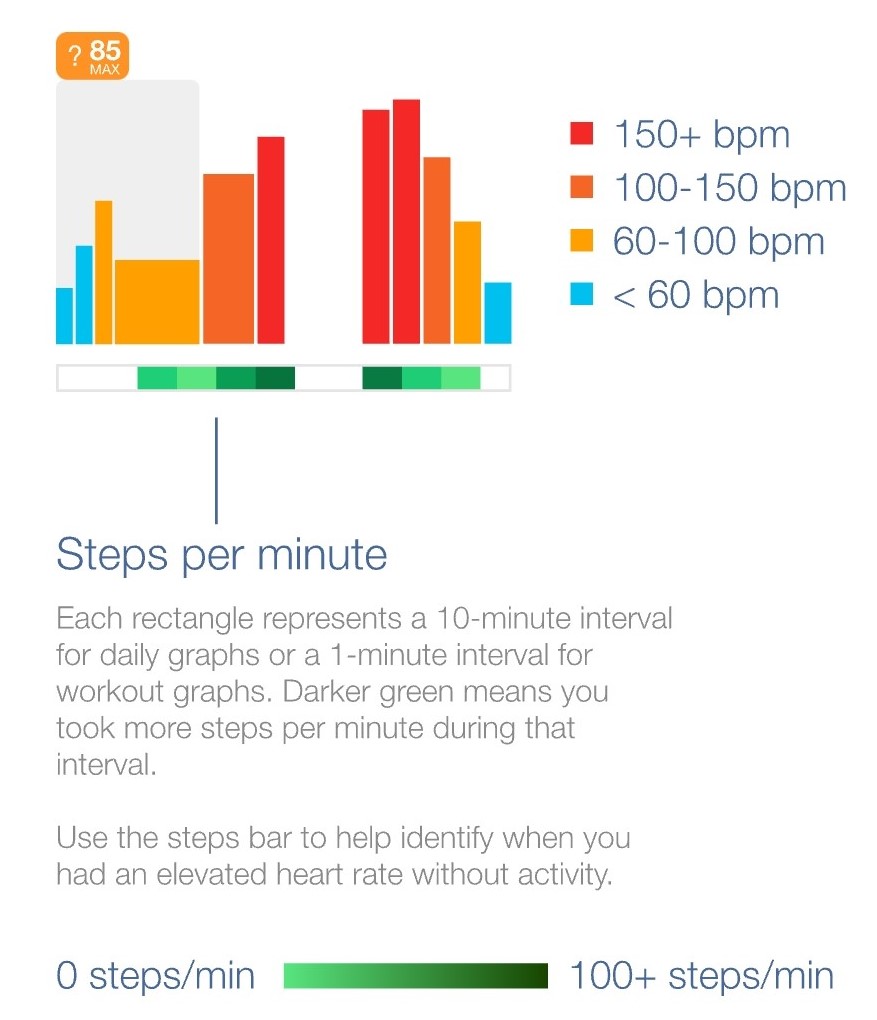Stress on the Heart
By now, it's widely known that stress negatively impacts almost every area of our lives. So it's of no surprise that it's effects on our hearts are equally far reaching.1 While stress plays an important role of heightening our senses to escape from immediate threat and danger, in our modern world, it's most often displaced.
If you find yourself often feeling stressed, you’re anything but alone. Globally, the number of us feeling the effects of stress has been consistently rising for the last decade.2 With this being the case, and because lower stress levels lead to a healthier heart, Cardiogram likes to connect those dots. Here, we'll explore ways stress can affect heart health, and discuss several key methods for managing it.
When you are stressed, your heart is stressed. Alternatively, your ability to relax affects your heart health positively. How much stress impacts your heart health depends on the degree to which you individually experience it. And what measures you take to manage it. Some of the ways stress can affect heart heath include:
- the development of irregular heart rate and rhythm
- increased blood pressure
- reduced blood flow to the heart
- increased cholesterol levels
- greater overall risk of cardiovascular disease
...to name a few. Unfortunately, because stress is so commonplace in our world, we often dismiss it as less serious than it actually is. And in some cases, stress levels are even used as a bragging right, as if a way to measure just how hard we work. What's important to keep in mind is that it's also a direct indication of just how hard your heart is working.
8 Ways of Reducing Stress
Surely the majority of us have experienced how stress can ripple out into all areas of our lives. When under any amount of stress, we're more likely to snap at loved ones, isolate, and engage in unhealthy habits in an attempt to relieve ourselves. The danger is that all of these examples can lead to experiencing even greater stress, ultimately creating a vicious cycle that can be very difficult to get out of.
Whether you're currently in that cycle, or are simply interested in learning ways of preventing it, all of the following suggestions will help you to lead a more heart healthy life at large. Let's take a look:










